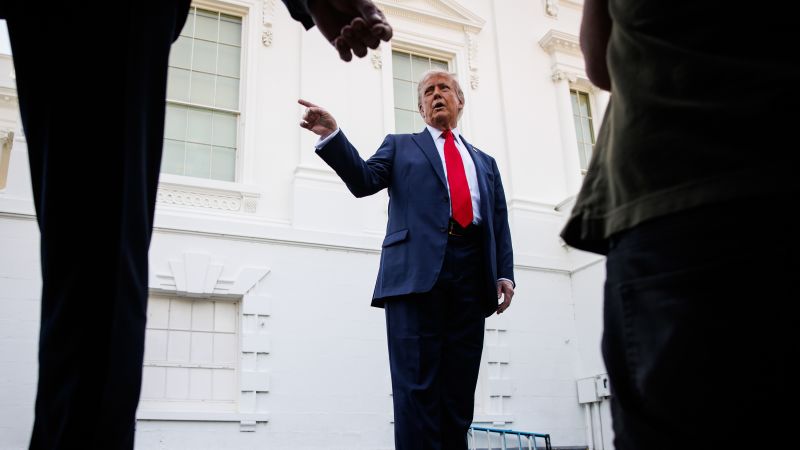Trump's Global Fan Club Crumbles: Populist Leaders Abandon Their Once-Beloved Idol

Donald Trump's grand vision of leading a global populist uprising against centrist establishment politics has taken an unexpected turn. What was once touted as a revolutionary movement to dismantle traditional political structures now appears to be unraveling in dramatic fashion.
Initially, Trump positioned himself as the ultimate anti-establishment outsider, promising to shake up global political dynamics with his unapologetic "anti-woke" rhetoric and nationalist agenda. However, his potential second presidential term seems to be achieving precisely the opposite of his intended goals.
Instead of consolidating a worldwide populist movement, Trump's increasingly erratic political strategies and controversial actions appear to be fragmenting conservative coalitions and reinvigorating centrist political forces. The very momentum he sought to build is now potentially undermining the very movement he championed.
Political analysts are observing a fascinating paradox: Trump's attempt to revolutionize global political landscapes might ultimately strengthen the institutional structures he sought to dismantle. His confrontational approach, once seen as a powerful disruptive force, now risks alienating key supporters and energizing his political opponents.
The unfolding narrative suggests that revolutionary intentions don't always translate into sustainable political transformation. Trump's global populist revolt seems to be losing steam, with establishment centrists potentially emerging more resilient than ever.
